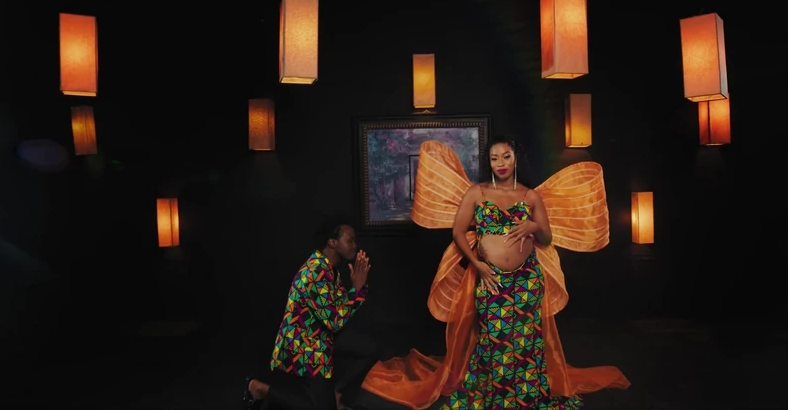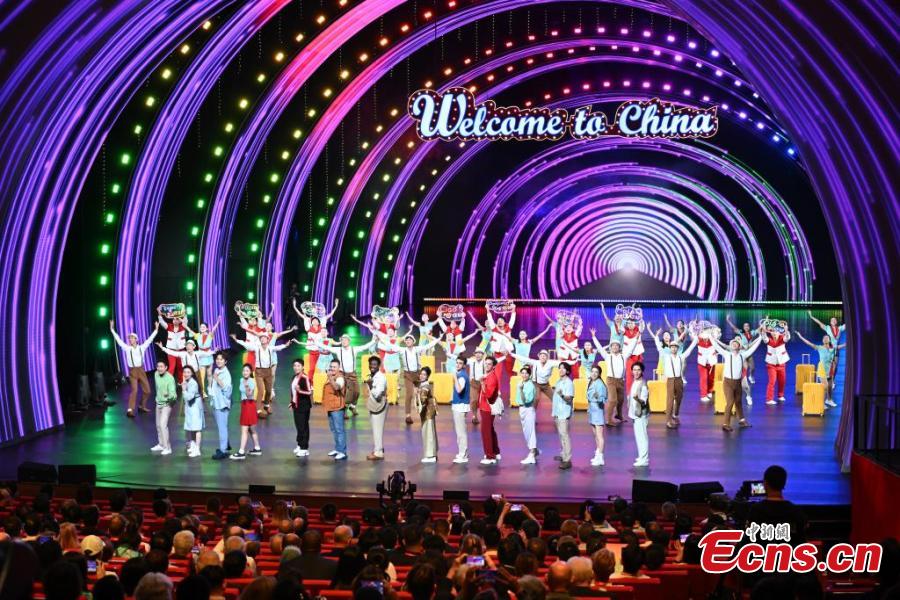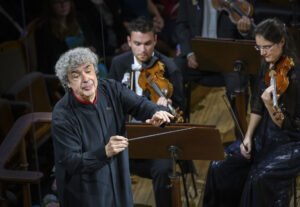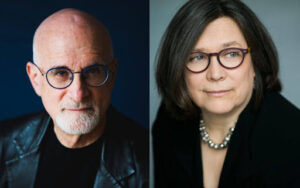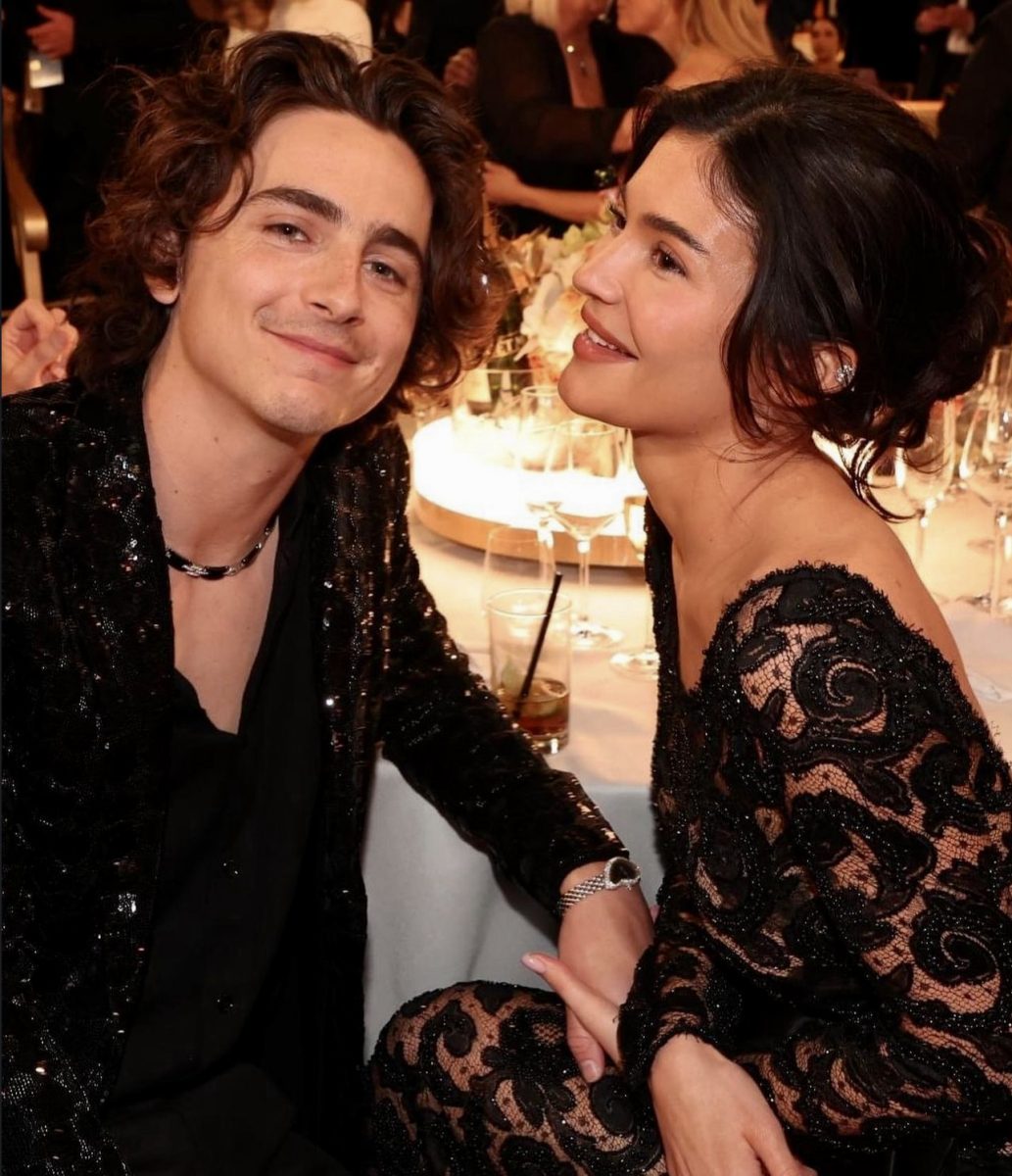
Celebrity culture is omnipresent. Entire social media accounts are dedicated to celebrity rumors and updates. Charli XCX’s “What’s in my bag” and Sydney Sweeney’s “Makeup routine” find their way onto our feeds, and trashy magazines stare us down in the grocery store check-out line.
Obsession with celebrities points to the greater phenomenon of our entertainment-obsessed society, where we clutch onto entertainment as a distraction from our generally mundane day-to-day lives. Celebrity culture thrives because fandoms exist. Fandoms are simply t he fans of a particular person, team, fictional series, etc.

, that are collectively seen as a community or subculture. Fandoms are both the byproduct and building blocks of pop culture. Entire communities of people come together around their shared appreciation for a certain celebrity, which celebrities rely on to increase their popularity.
Previously, celebrities relied solely on their agencies to craft stories and publicity-stunt relationships to get the cameras flashing and the reporters talking. Now, in the age of social media, celebrities are taking matters into their own hands and using their platforms to craft their own narratives. One way celebrities can solidify fandoms for themselves in our social media-dominated culture is by going public with their romantic relationships.
Timothee Chalamet and Kylie Jenner’s relationship is a recent example that exposes the effectiveness of celebrities letting the public have a glimpse into their private lives. Jenner and her family have created an empire with their businesses, especially with their reality show “Keeping Up With the Kardashians.” Rumors of Chalamet’s appearance on the show excited fans with the opportunity for a more detailed look into his personal life and their relationship.
Their public appearances together further fueled the fanfare, especially at the 2024 Golden Globes. In her Vogue article titled “Why Celebs Are Over Keeping Their Private Lives Private,” Rebecca Cope highlights that Chalamet and Jenner’s PDA at the Globes was intentional and well thought out: “ These two knew they’d cause a sensation by attending the Globes as a couple and having eyes (and lips) only for each other all night. They did it anyway.
” Departing from the “I like to keep my private life private” mindset, Chalamet and Jenner’s PDA not only fueled online discourse among fans about the celebrities themselves, but also increased eyes on their recent projects, like Chalamet’s successful year of movies and Jenner’s makeup line and her family’s show. Cope also interviewed Mark Borkowski, author of “ The Fame Formula: How Hollywood’s Fixers, Fakers and Star Makers Created the Celebrity Industry,” for more insight into celebrities’ use of PDA photo-ops. Borkowski states, “PDA has generated significant media coverage throughout history, helping celebrities stay in the spotlight and secure more opportunities.
” PDA publicity is not a new tactic; it’s been a proven path to increased attention. There’s something new with Taylor Swift and Travis Kelce every week. Selena Gomez and Benny Blanco are often spotted sitting courtside.
Roll out the red carpet; here comes the newest couple of week: Gracie Abrams and Paul Mescal! And who knows, we might just have another one next week. News and updates about these relationships often make their rounds on social media. And what group of people has an incredibly large presence on social media? Gen Z.
Borkowski expands on the idea that PDA is effective in roping in Gen Z: “When celebrities engage in PDA, it is to appear more relatable and down-to-earth, humanizing them and making them seem approachable — which solidifies fan loyalty.” Cope notes that Gen Z’s general demand for authenticity from celebrities, leaders and other authority figures fortifies this tactic in increasing relatability. So, why do we care so much about celebrity relationships? The simple answer is because they want us to.
Fandoms act as both a creative outlet and a space for fans to connect. Especially with their presence on social media, they encourage creativity through art, edits and even fanfiction. Encouraged by the fandoms they are a part of, individuals can explore and share their talents in writing, drawing, graphic design, editing and more.
These skills are most directly applicable to social media marketing and public relations positions, so fans are able to move from being simply consumers of celebrity content to actually taking part in making it. Even if individuals don’t want to explore their creative talents, fandoms foster a sense of community any fans can engage in. Fandoms encourage healthy mental health practices like creative hobbies and social interaction.
On the other hand, celebrity worship syndrome is the darker side of caring too much about others’ lives. In their article “‘I’m Your Number One Fan’— A Clinical Look at Celebrity Worship” for the peer-reviewed journal “Innovations in Clinical Neuroscience,” Randy and Lori Sansone establish that celebrity obsession is a spectrum that at its extreme levels can have serious psychological effects. Based on multiple studies, the authors detail that fans with extreme levels of celebrity obsession can experience dissociation, tendencies toward addiction, criminality, stalking behavior, compulsive buying, depression and anxiety.
As fans, by understanding the marketing tactics celebrities use to engage us in their lives as well as both the positive habits that come from engaging with fandoms and the negative effects of falling down the rabbit hole of celebrity worship syndrome, we can renew our sense of agency and engage more mindfully in the fast-paced world of celebrity culture social media promotes. Overall, we as fans have power, and it is up to us as consumers how much of it we give to celebrities and their relationships. So I’ll ask you again, why do we care so much about celebrity relationships?.


